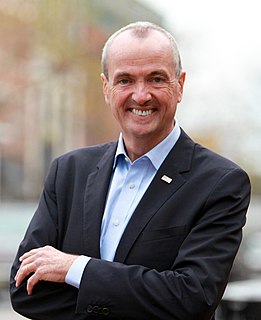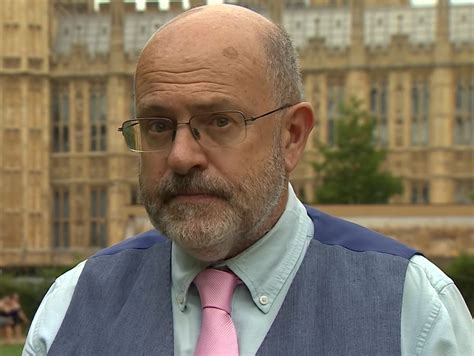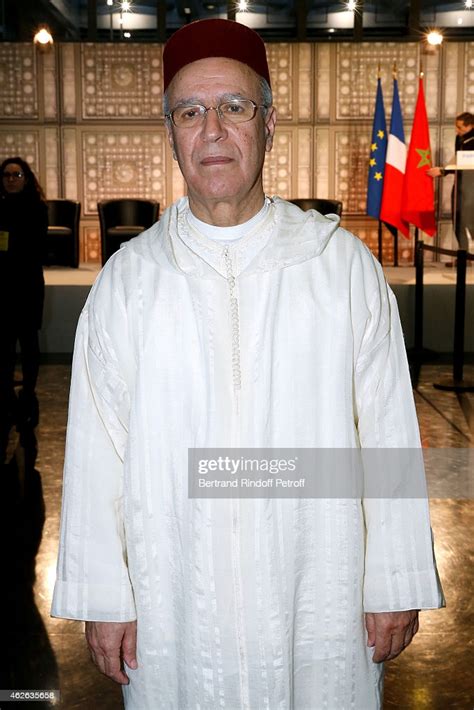A Quote by Leo Varadkar
It's the middle class; it's middle Ireland, and it's a group of people who often feel that they contribute a lot to the economy and a lot to society, but maybe they don't get as much back for it as they should.
Related Quotes
The government decides to try to increase the middle class by subsidizing things that middle class people have: If middle-class people go to college and own homes, then surely if more people go to college and own homes, we’ll have more middle-class people. But homeownership and college aren’t causes of middle-class status, they’re markers for possessing the kinds of traits — self-discipline, the ability to defer gratification, etc. — that let you enter, and stay, in the middle class. Subsidizing the markers doesn’t produce the traits; if anything, it undermines them.
































